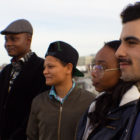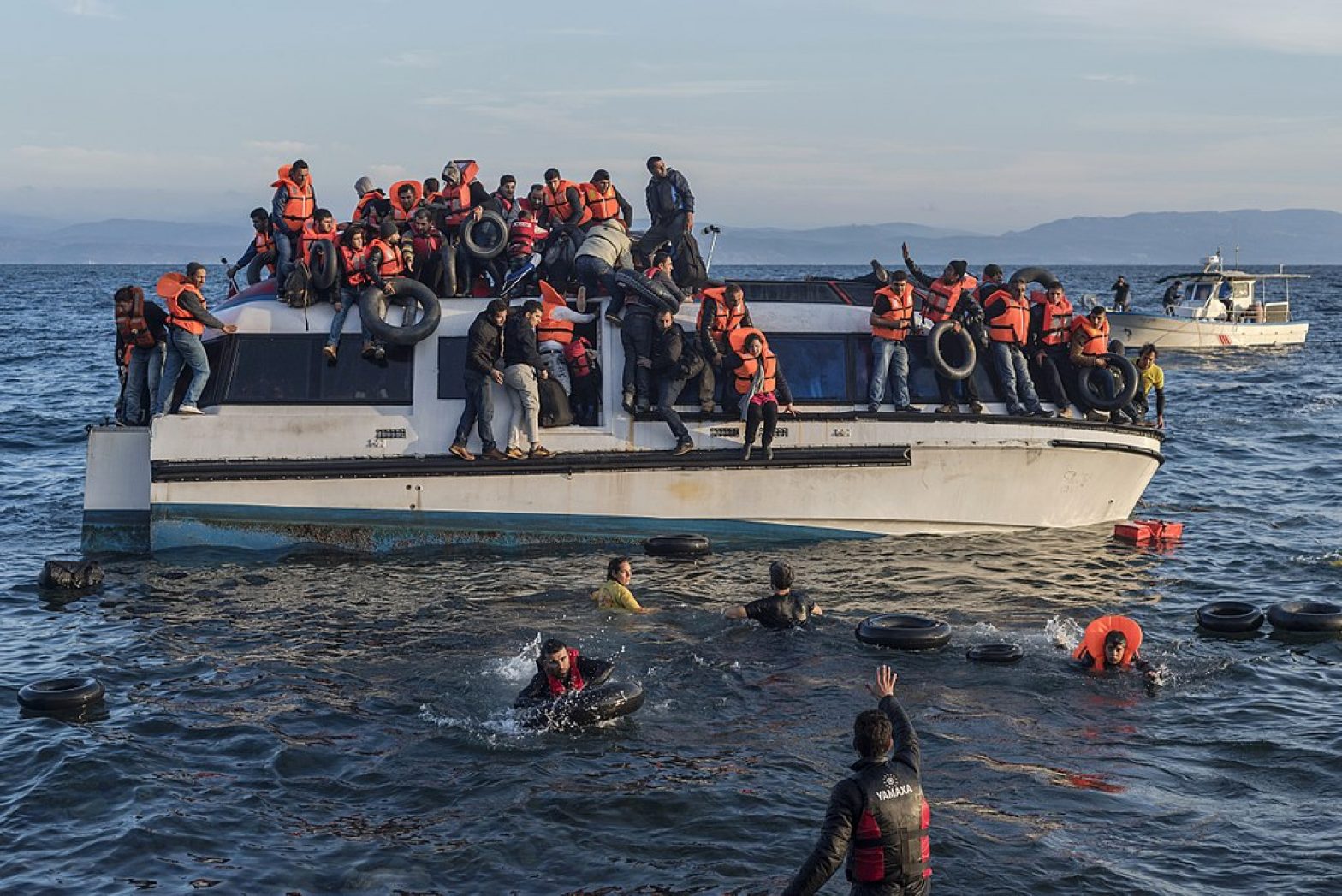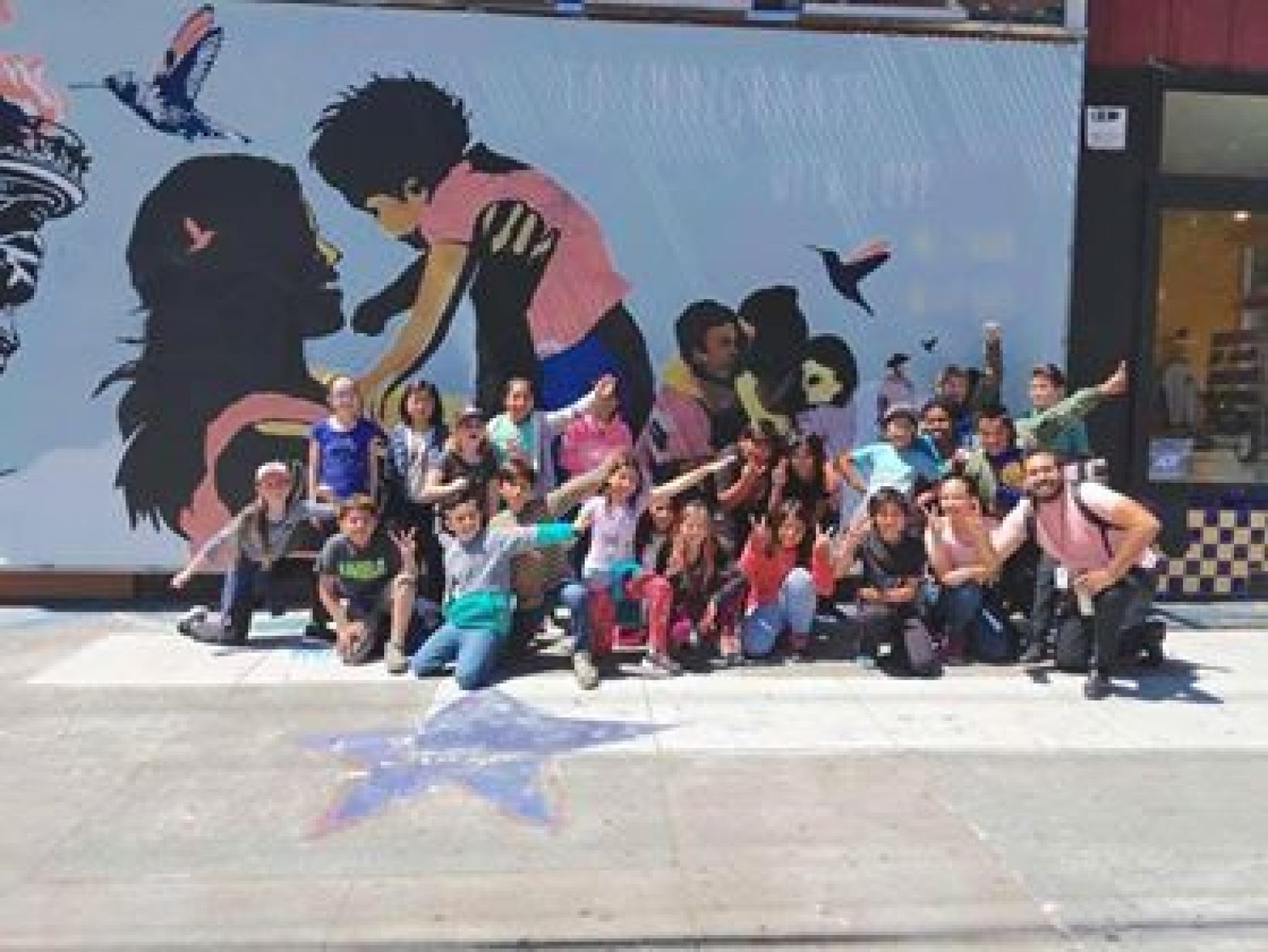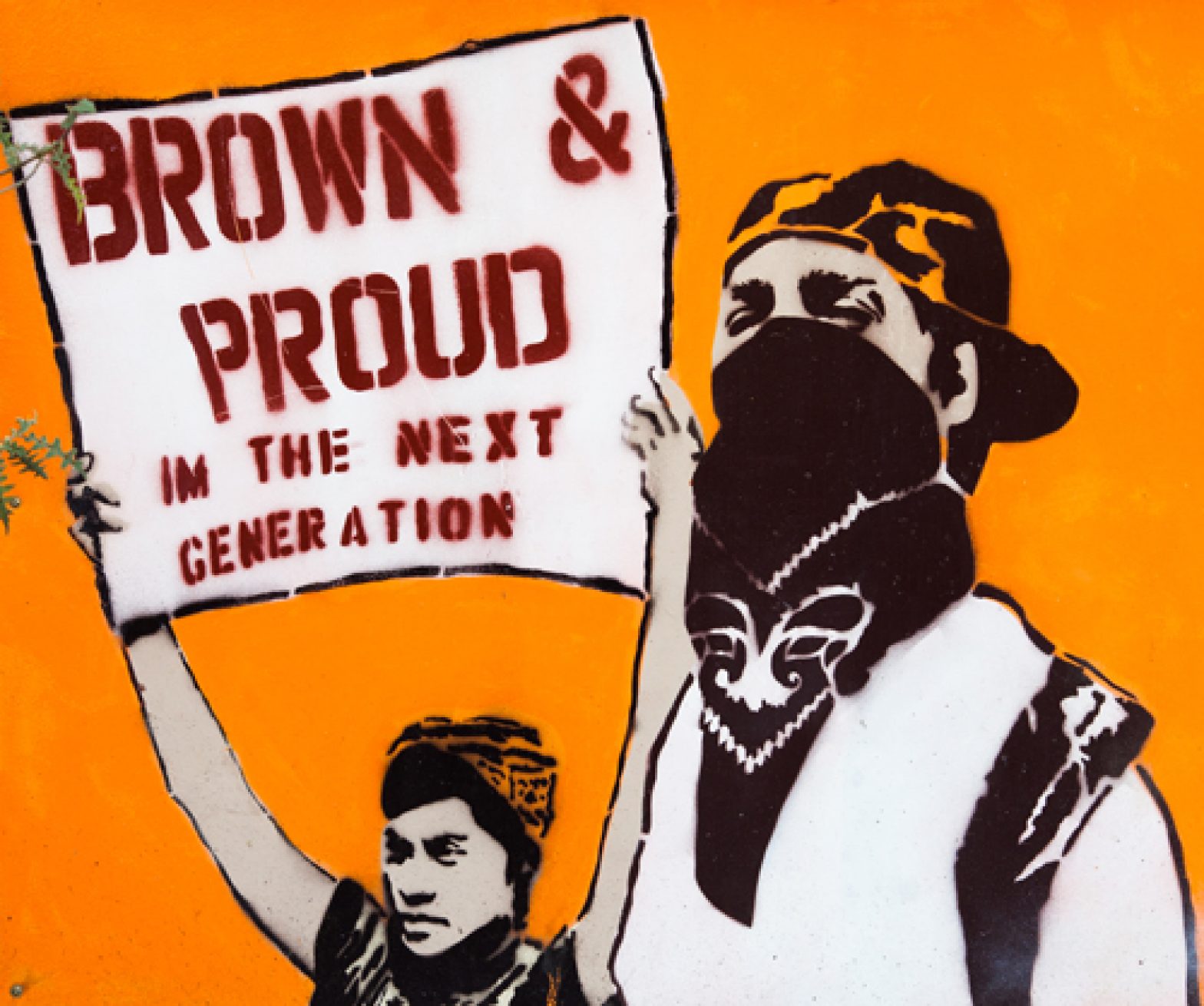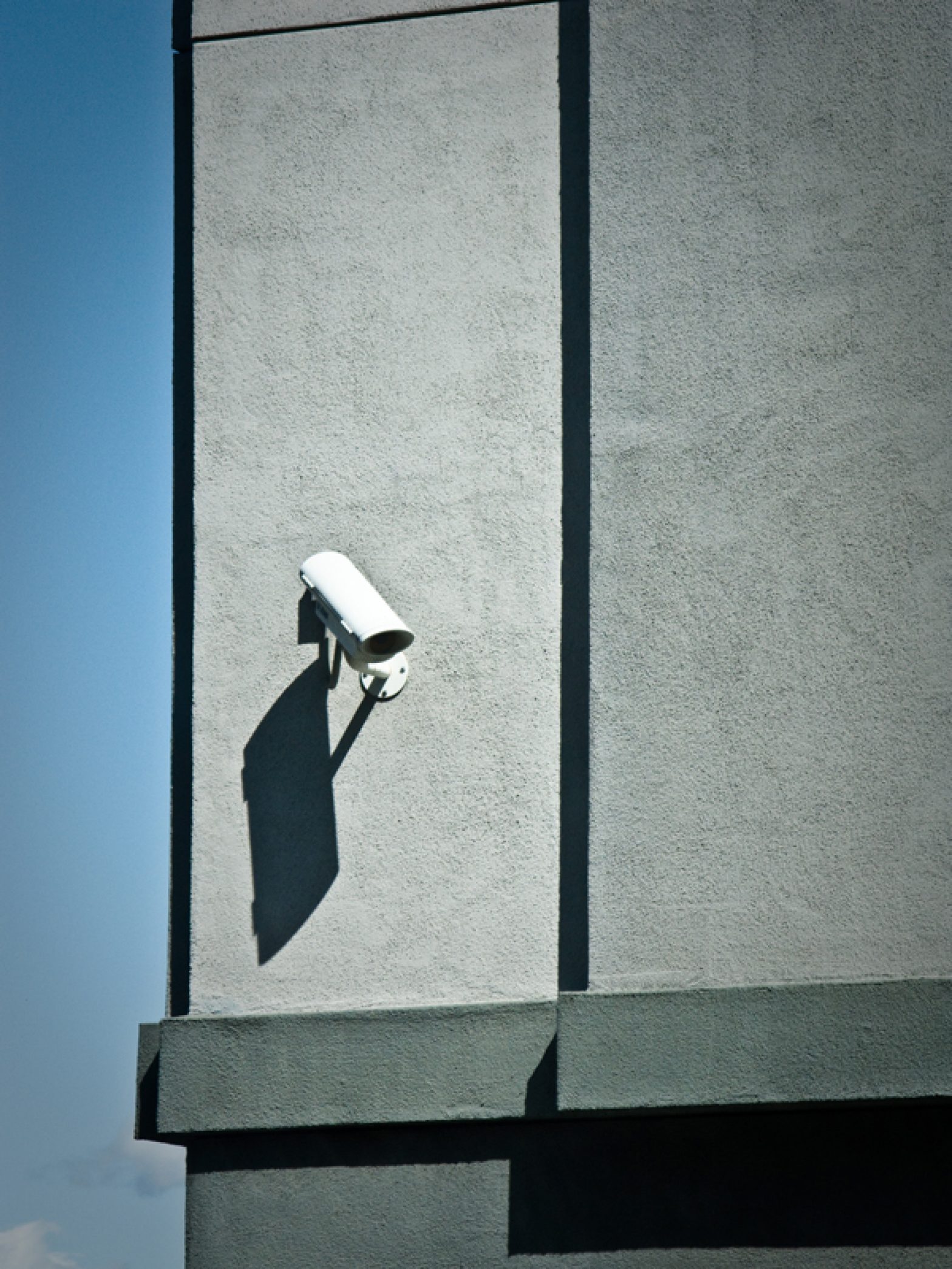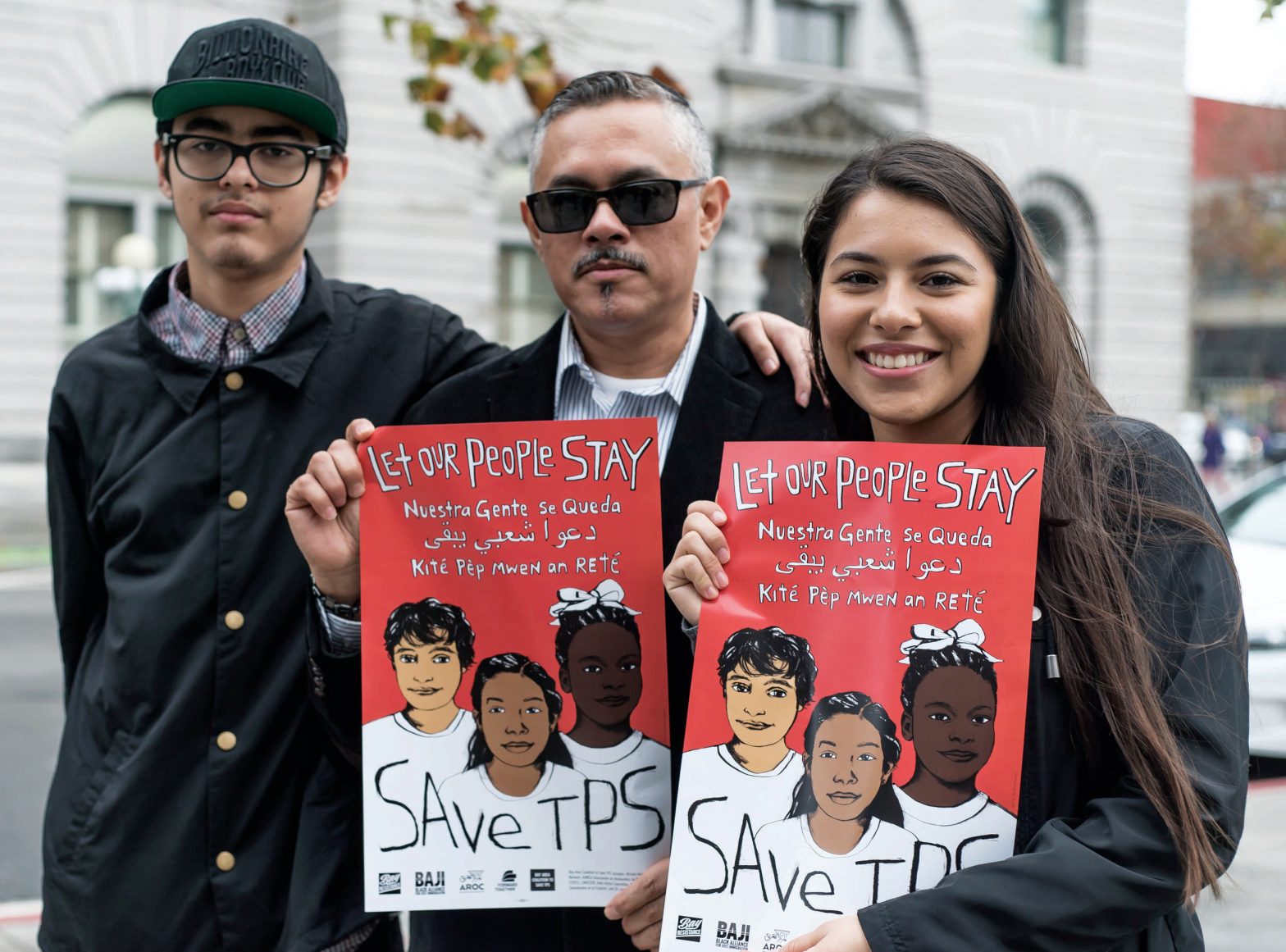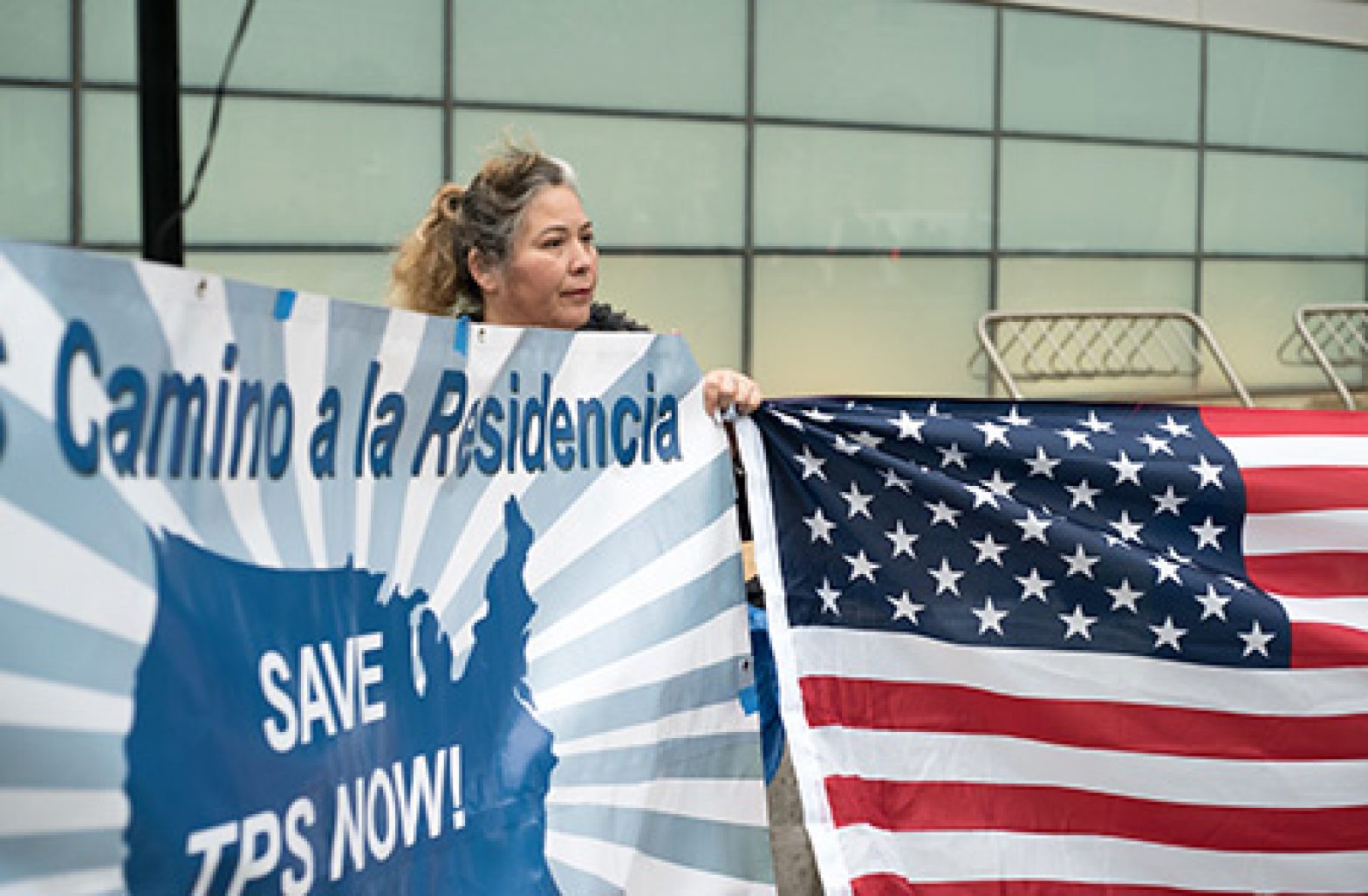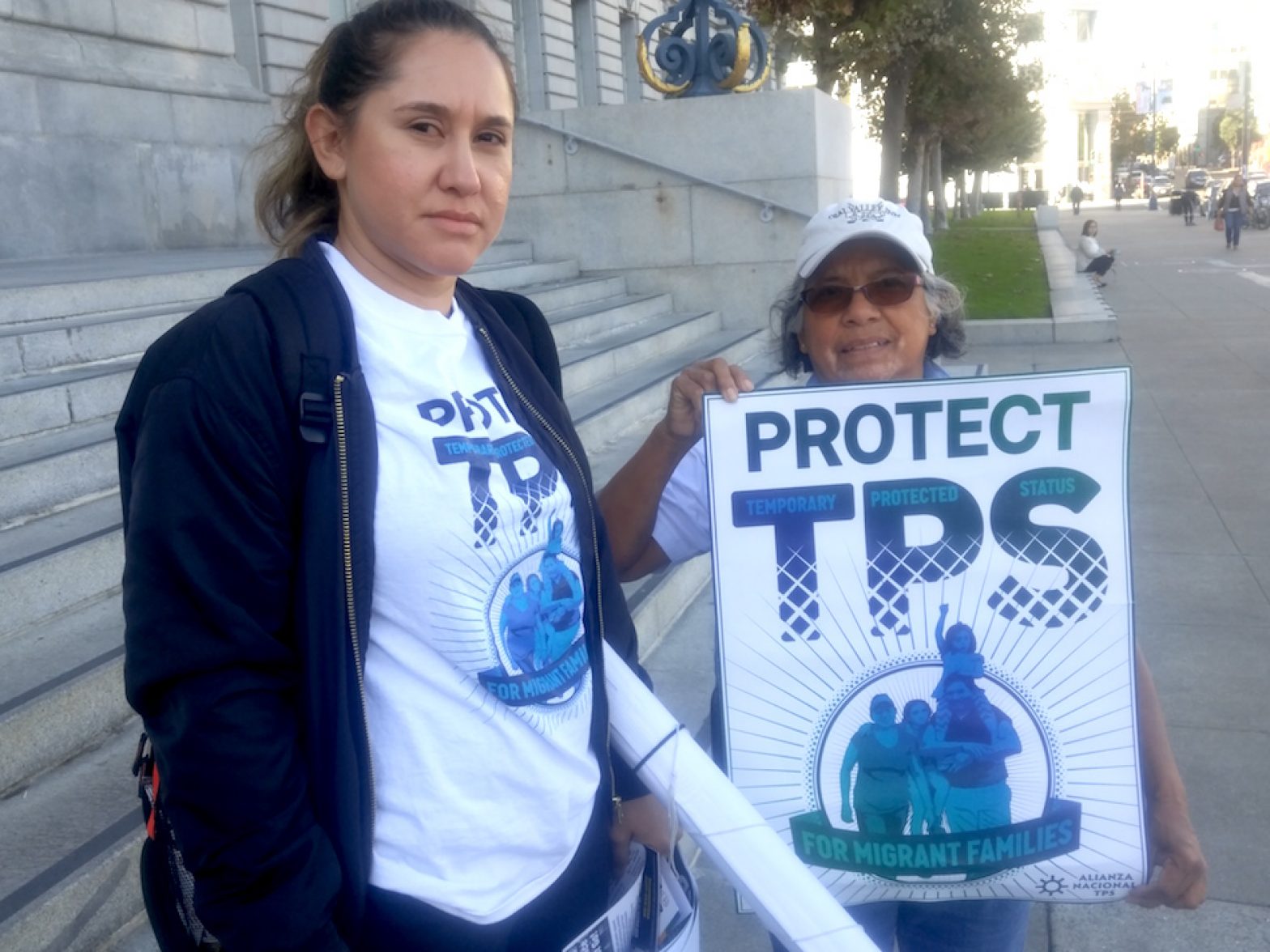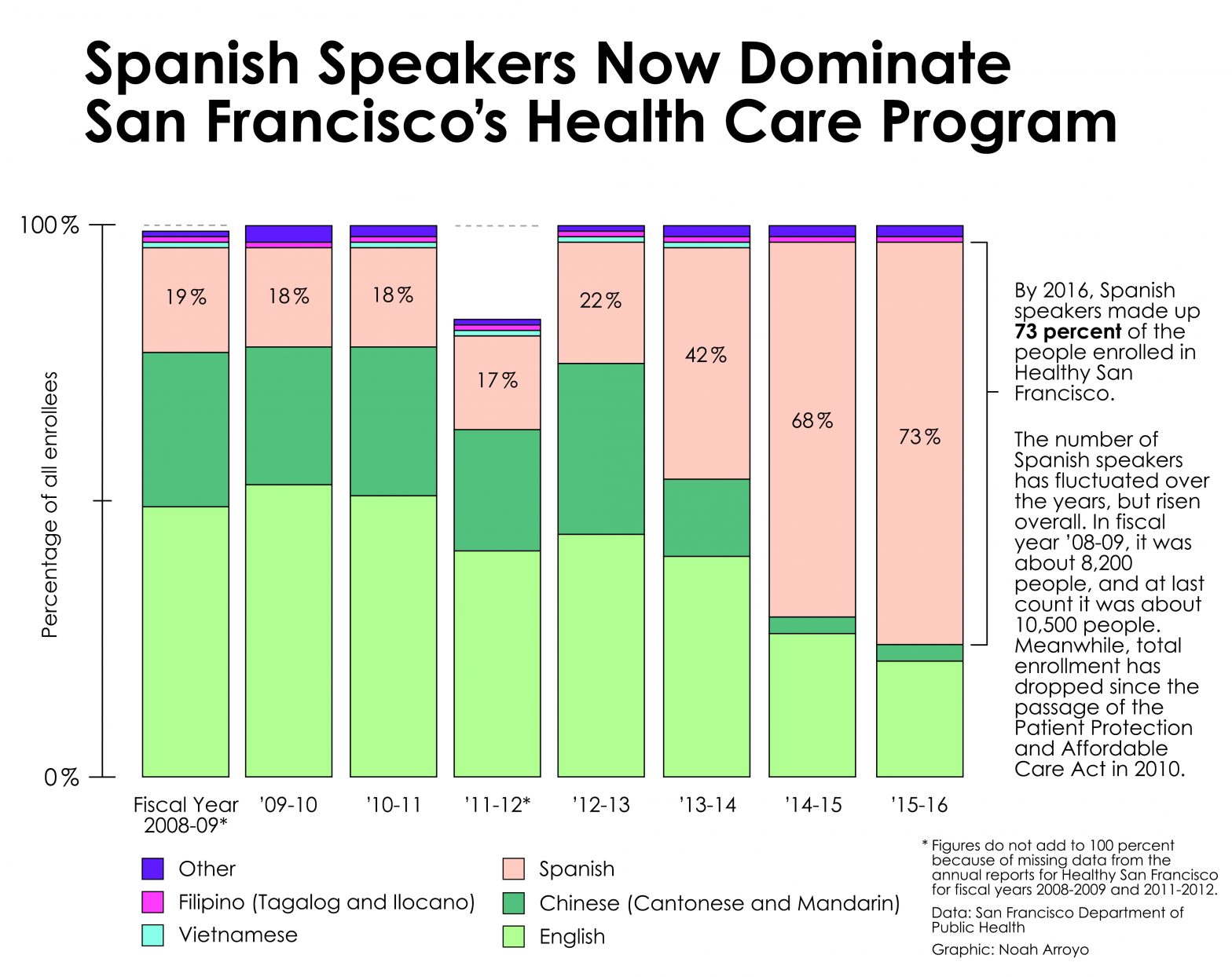Immigration
S.F. Immigration Lawyers Cut ICE Detention Centers Population by Two-Thirds
In late March, a cell phone video made by detainees was leaked to the public from Mesa Verde Immigration and Customs Enforcement Processing Center in Bakersfield, Calif. Dozens of men in orange jumpsuits walked past the camera while Charles Joseph read a petition. “Many of us have underlying medical issues,” he said. “This turns our detention into a death sentence, because this pandemic requires social distancing and that is impossible in this environment. We request that you give us parole or bond so we may return to our families.”
Joseph’s plea caught the attention of the San Francisco Public Defender’s Office, which joined a lawsuit with the American Civil Liberties Union, Lawyers Committee for Civil Rights, and two law firms — Lakin & Wille, and Cooley LLP — seeking the release of detained immigrants with pre-existing health concerns.

